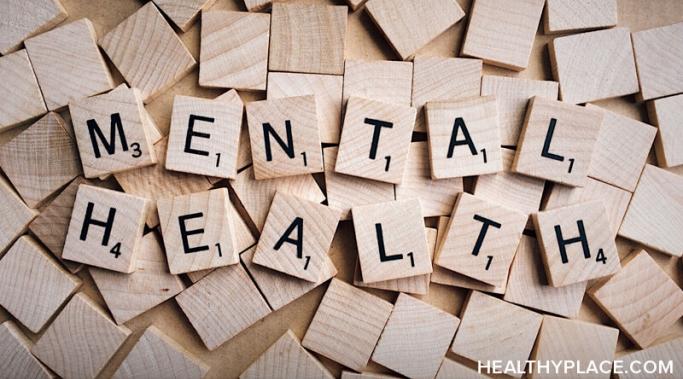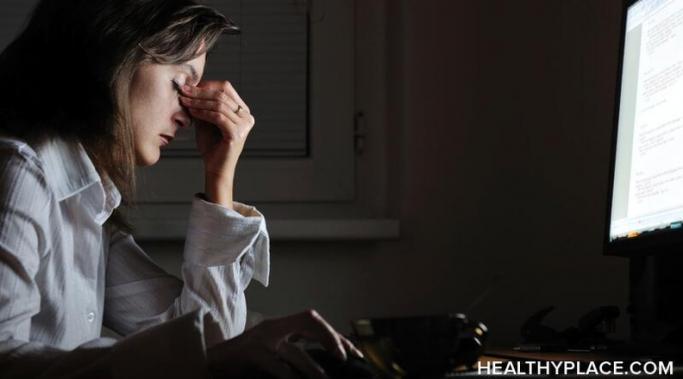There are many stereotypes and assumptions about introverted and extroverted people. For instance, extroverts are stereotyped as social butterflies. Introverts, on the other hand, are stereotyped as hermits. However, the stereotypes and assumptions for introverts and extroverts are not true for everyone. These stereotypes and assumptions can also be harmful for mental health. Mental health issues affect introverts and extroverts in different ways. Continue reading this post to learn more.
Getting Through Tough Times
Some patients who have just been diagnosed with a mood disorder prefer to see a therapist over a psychiatrist or vice versa. However, even though they have differences, both can be beneficial for effective treatment. This blog post will explore their differences and the benefits of seeing a therapist and a psychiatrist.
Giving yourself a mental health check-in is a way to be honest with yourself about your emotions and how they are affecting your life. This way, you can handle stressful situations that trigger these emotions and find peace of mind. In this blog post, I will share information about how to do a mental health check-in.
Everyone's thoughts on birthdays differ. For some people, getting older is scary. For others, getting older is exciting. Turning a new decade can come as a major shock. After you turn 20, you will never be a teenager again. After you turn 30, you will never be in your 20s again. Entering a new decade of your life can be emotional for many reasons. To learn about my feelings regarding birthdays and entering another decade, read this article.
With all of the changes that have been happening in the world, many people feel as though they have no control over anything and are losing their ability to find their inner power. However, finding a healthy amount of inner power can lead to improved mental health and quality of life. Here are some ways to utilize and find your inner power.
The uncertainty in life at this time can make anxiety and depression seem intolerable and participating in healthy activities nearly impossible. For some people, not having enough work to do can leave them with too much time to ponder their shortcomings. They might also question whether their lives have meaning. For some people, simply being by themselves can leave enough privacy for self-injury behaviors. The consequences of boredom and loneliness need to be taken seriously to prevent mental health from getting worse. To learn about how you can get through depression safely and proactively with healthy activities, read this article.
Are you experiencing mood disorder symptoms for the first time during the pandemic? Read this article for tips about how to acknowledge and treat mood disorder symptoms for the first time.
Employment changes during the COVID-19 pandemic are occurring all over the world. According to the United States Bureau of Labor, the US unemployment rate from February to March increased by nine-tenths of a percentage point. Many people who are still employed have been told to work from home and/or work fewer hours. Keep in mind that this information is just from the US alone. The unemployment rates from other parts of the world have increased even more than that. To learn about how to adapt to unemployment and other employment changes during the COVID-19 pandemic, read this article.
This pandemic affects everyone on different levels, but I have learned some lessons from COVID-19. The virus affects us not only physically, but also emotionally. Over the last week, I have found it helpful to write down important lessons that I have learned.
Regardless of whether you have a mood disorder, knowing your personality traits can help you improve mental health conditions. Personality trait awareness can help those with mood disorders learn how to manage their symptoms. It can also help supporters learn how to effectively advocate for their loved ones. Read this article to learn how to identify and use personality traits for mental health benefits.









